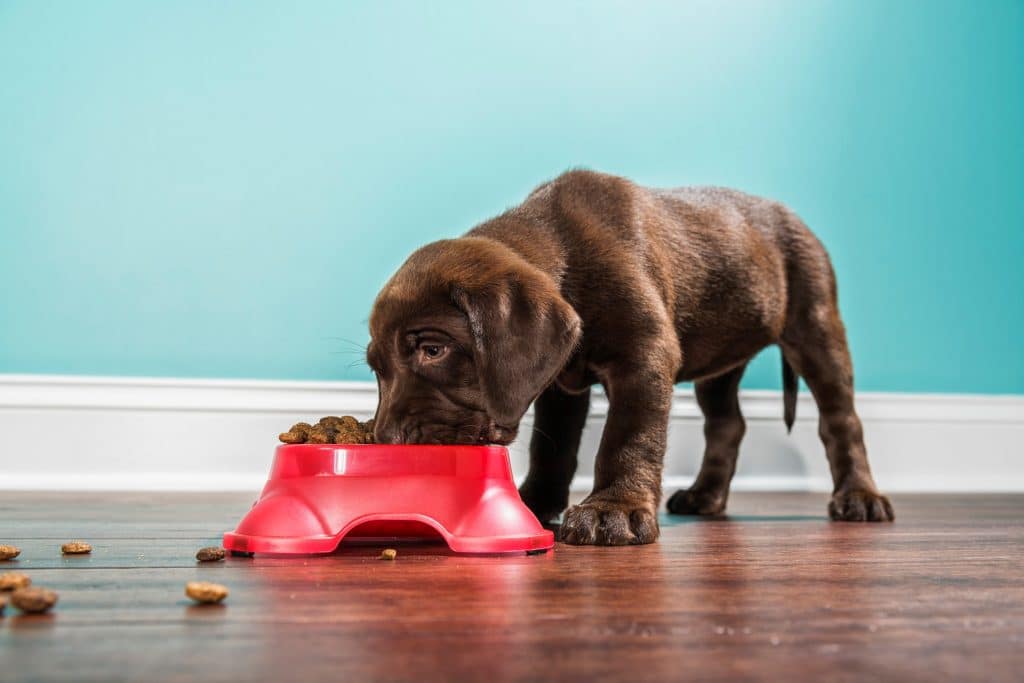Regularly disinfecting frequently touched surfaces is always a good idea – not just during a pandemic. But doing so isn’t a magical cure-all as disinfectants can damage some surfaces.
Read on to find out when not to use disinfectant wipes.
Your Skin – Disinfectant wipes are meant for hard surfaces, not your hands, face, or any other parts of your body.
Dishes and Food Containers – Don’t use a disinfectant wipe to clean anything that touches your mouth, including utensils, dishes, and glassware. The chemicals in the wipes could be harmful if ingested.

Pet Bowls and Toys – As with your own food containers, don’t use disinfectant wipes to clean your pet’s food bowls or toys.
Granite Countertops – Granite is porous and needs to be sealed periodically to help protect it. Disinfectant wipes can eat away at that sealant, exposing your beautiful granite to damage.
Untreated Wood – Like granite, untreated wood is porous. The chemicals and alcohol in disinfectant wipes can leave unsightly stains.
Eyeglasses – Are your glasses looking a little smudged? Don’t reach for a disinfectant wipe to get them sparkling clean. The chemicals in the wipes can cause irritation if they come into contact with your eyes.
Upholstered Furniture – Sure, these wipes get sudsy enough to get stains out, but the alcohol in them can cause fabrics and upholstery to fade or stain.
Leather – The alcohol can rob leather of its natural oils and cause it to become dry and crack.
Avoid Double-up Cleaning – Avoid cross-contamination by cleaning only one surface per wipe. Use enough wipes to get and keep the surface wet for at least four minutes, then rinse clean with water if food gets placed there without a container or package.
At Optimum Air, we use disinfectant wipes to help clean our tools, trucks and warehouse supplies. As an added precaution, we also use them inside your home to help prevent the spread of germs – just one more reason to think of Optimum Air first for your home heating and cooling needs.